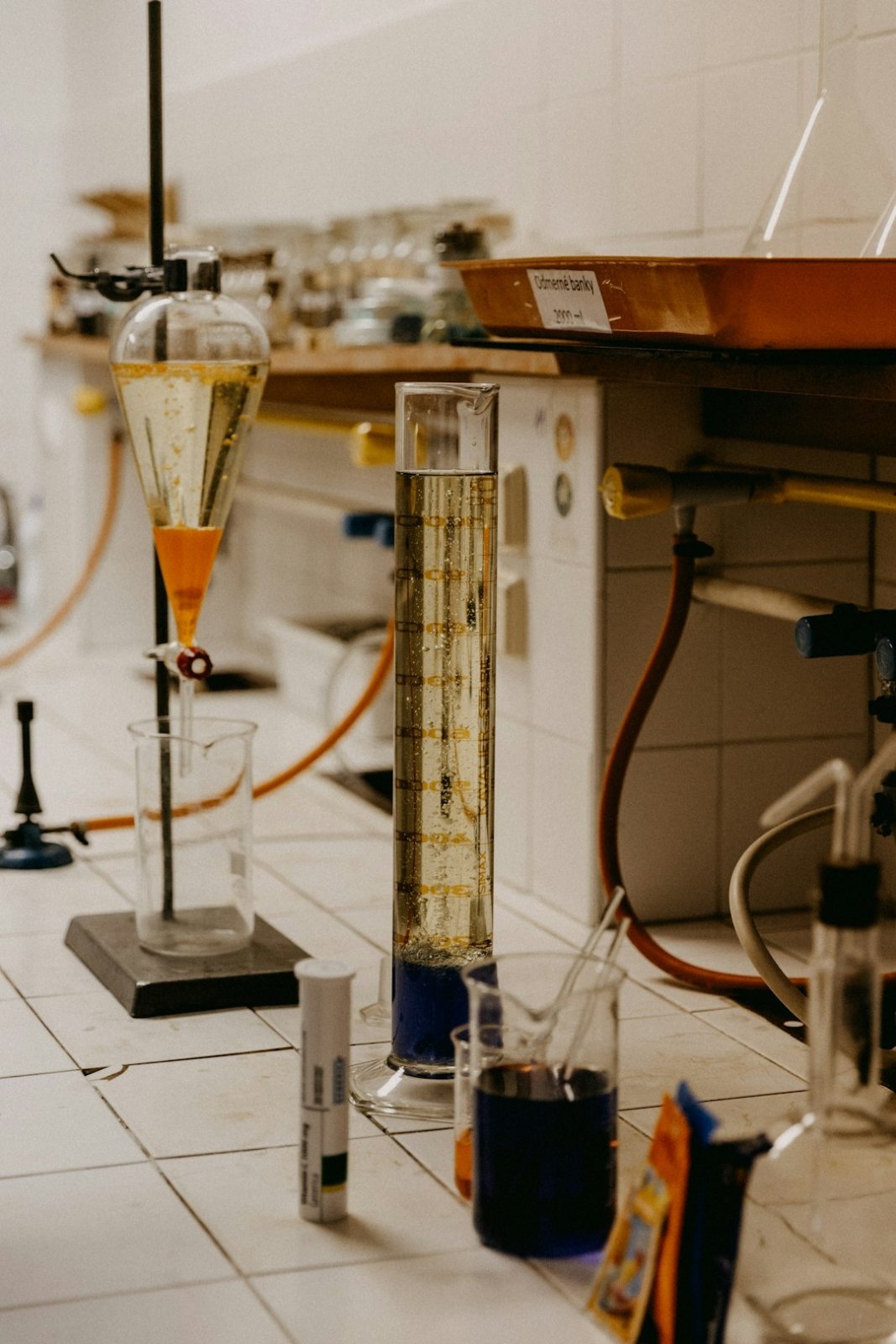Our indoor spaces should be havens of health and well-being, but sometimes the very products we use to clean and freshen our homes can pose hidden dangers to our indoor air quality. Harsh chemicals found in many everyday household cleaners can contribute to a host of respiratory issues, allergies, and other health concerns. Understanding the impact of these chemicals on indoor air quality is crucial for creating a safer and healthier environment for you and your loved ones.
Common Harsh Chemicals in Household Products
When we think of household cleaners, we often envision sparkly surfaces and fresh scents. However, many of these products contain volatile organic compounds (VOCs) such as ammonia, chlorine, and phthalates. These chemicals can react with other compounds in the air to form harmful pollutants, leading to indoor air pollution.
The Link Between Harsh Chemicals and Indoor Air Pollution
Harsh chemicals in cleaning agents release VOCs into the air, contributing to indoor air pollution. Studies have shown that indoor air can be more polluted than outdoor air in some cases, which can have serious implications for respiratory health, especially for children, the elderly, and those with existing health conditions.
Long-term exposure to VOCs can lead to a range of health issues, including respiratory irritation, headaches, dizziness, and in severe cases, even organ damage. Monitoring and reducing the use of harsh chemicals in our homes is essential for maintaining good indoor air quality.
The Importance of Indoor Air Quality
Indoor air quality plays a significant role in our overall health and well-being. Poor air quality can exacerbate allergies, asthma, and other respiratory conditions. By reducing our exposure to harsh chemicals and pollutants, we can create a healthier indoor environment for ourselves and our families.
Simple Ways to Improve Indoor Air Quality
There are several steps you can take to improve indoor air quality in your home. Opt for natural cleaning products that are free from harsh chemicals, increase ventilation by opening windows, and use indoor plants to help purify the air. These small changes can have a big impact on the air you breathe every day.
Creating a Healthier Home Environment
Switching to eco-friendly cleaning products and reducing the use of harsh chemicals can significantly improve indoor air quality. Look for products that are labeled as non-toxic, biodegradable, and environmentally friendly to minimize your exposure to harmful chemicals.
The Benefits of Eco-Friendly Alternatives
Eco-friendly cleaning products are not only better for your health but also for the environment. By choosing green alternatives, you are reducing your carbon footprint and supporting sustainable practices. These products are often made from natural ingredients that are gentler on both your health and the planet.
Creating a healthier home environment starts with being mindful of the products you use and their impact on indoor air quality. Making small changes to your cleaning routine can make a big difference in the air you breathe and the well-being of your family.
Take Control of Your Indoor Air Quality
Don't let harsh chemicals compromise the air you breathe. By educating yourself about the potential dangers of common household cleaners and making informed choices about the products you use, you can take control of your indoor air quality and create a safer, healthier home for yourself and your family.
Making the Switch to Safer Alternatives
Switching to eco-friendly, non-toxic cleaning products is a simple yet powerful way to protect your indoor air quality. Explore natural alternatives that are free from harsh chemicals and harmful additives, and make a conscious effort to reduce your exposure to indoor air pollutants.
Empower Yourself with Knowledge
Knowledge is key when it comes to creating a healthy indoor environment. By understanding the impact of harsh chemicals on indoor air quality and taking proactive steps to minimize their use, you can safeguard your health and well-being for years to come.
Start today by making small changes to your cleaning routine and embracing eco-friendly alternatives. Your lungs, your loved ones, and the planet will thank you for it.


Share:
Transform Your Home with DIY Natural Cleaning Solutions
Transform Your Living Space with These Decluttering Tips